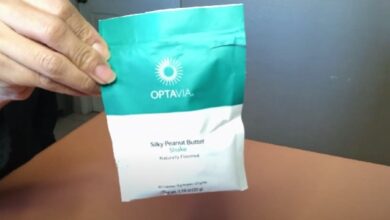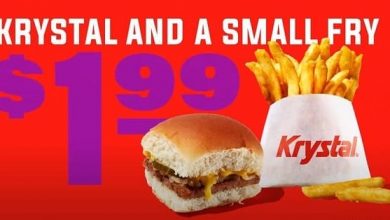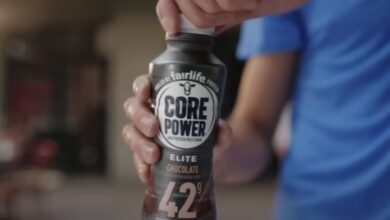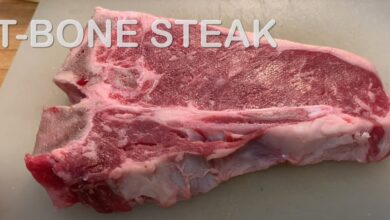Freeze Pop Nutrition Facts
Unwrapping the freeze-pop nutrition facts is like delving into a frosty wonderland where childhood nostalgia meets health consciousness. Have you ever wondered what lies beyond your favorite freeze pop's sweet, icy delight? Stay frosty as we journey together into the icy heart of this cool treat, revealing its true nutritional profile.
Freeze pops are a popular treat enjoyed by many, especially during the hot summer months. These colorful, icy treats are simple, refreshing, and a staple in households with kids. But beyond the cool refreshment, have you ever wondered what nutritional value freeze pops offer? This comprehensive guide will break down the nutrition facts of freeze pops, highlighting what you need to know whether you’re enjoying them as an occasional treat or incorporating them into a balanced diet.
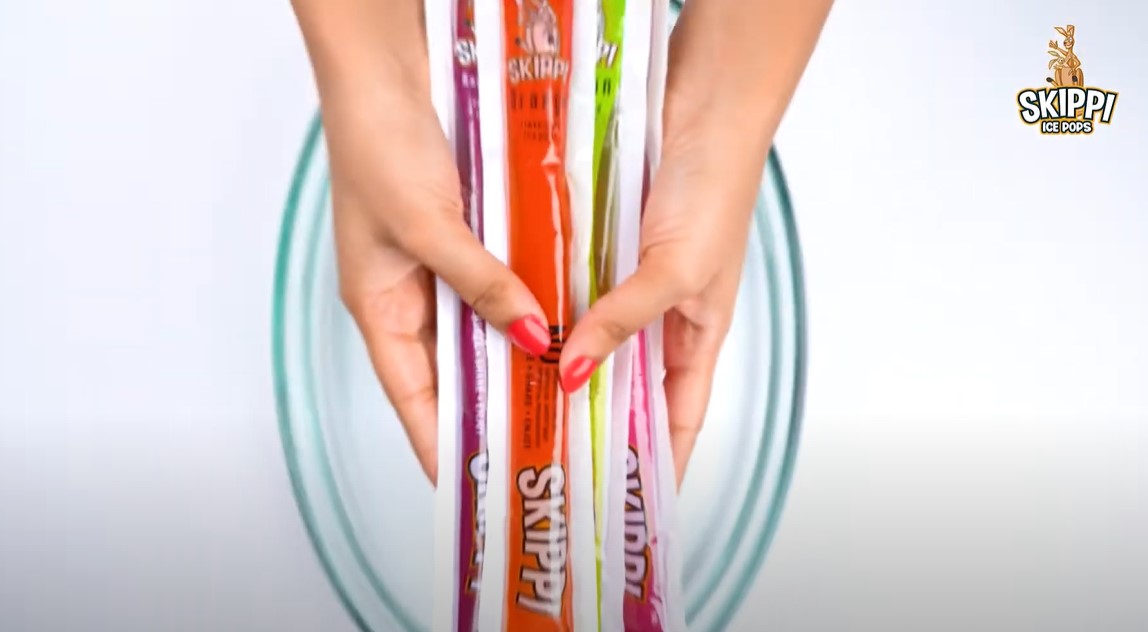
Introduction to Freeze Pops
Freeze pops, also known as ice pops or freezer pops, are a frozen treat typically made from flavored sugar water. They are often sold in plastic tubes, which are frozen and then consumed by cutting the top and squeezing the frozen treat upwards. Due to their simplicity and ease of consumption, freeze pops are incredibly popular, especially among children. However, like many processed snacks, they have specific nutritional characteristics that are important to understand.
What Are Freeze Pops Made Of?
- Ingredients: Freeze pops are primarily composed of water, sugar, artificial flavorings, and colorings. Some varieties may contain fruit juice or other natural ingredients.
- Calories: A single freeze pop typically contains between 20 to 40 calories, depending on the brand and size.
- Macronutrients:
- Carbohydrates: Freeze pops are high in sugars, often comprising the majority of their calorie content.
- Fats and Proteins: Most freeze pops are fat-free and contain little to no protein.
Nutritional Breakdown
Here’s a closer look at the nutritional content of a typical freeze pop:
| Nutrient | Amount per 1 Pop (57g) | % Daily Value |
|---|---|---|
| Calories | 25 – 60 | – |
| Total Fat | 0g | 0% |
| Saturated Fat | 0g | 0% |
| Trans Fat | 0g | 0% |
| Cholesterol | 0mg | 0% |
| Sodium | 0 – 10mg | 0% |
| Total Carbohydrate | 7g – 15g | 2% – 5% |
| Dietary Fiber | 0g | 0% |
| Sugars | 6g – 12g | – |
| Protein | 0g | 0% |
| Vitamins & Minerals | Varies | – |
Key Takeaways
- Calorie Content: Freeze pops are low in calories, making them a light treat, but their high sugar content can contribute to increased calorie intake if consumed in large quantities.
- Sugar Content: The majority of the calories in freeze pops come from sugar. This high sugar content is a crucial factor to consider, especially for those monitoring their sugar intake.
- Nutritional Value: Beyond providing a quick source of sugar and hydration, freeze pops do not offer significant nutritional benefits like vitamins, minerals, or fiber.
Are Freeze Pops Healthy?
While freeze pops can be a refreshing treat, they are not considered a significant source of nutrition. The primary concern with freeze pops is their high sugar content, which, when consumed in excess, can contribute to various health issues, such as weight gain and tooth decay.
However, freeze pops can be enjoyed in moderation, particularly as a way to cool down and stay hydrated on hot days. For a healthier alternative, consider freeze pops made with real fruit juice and without added sugars or artificial ingredients.
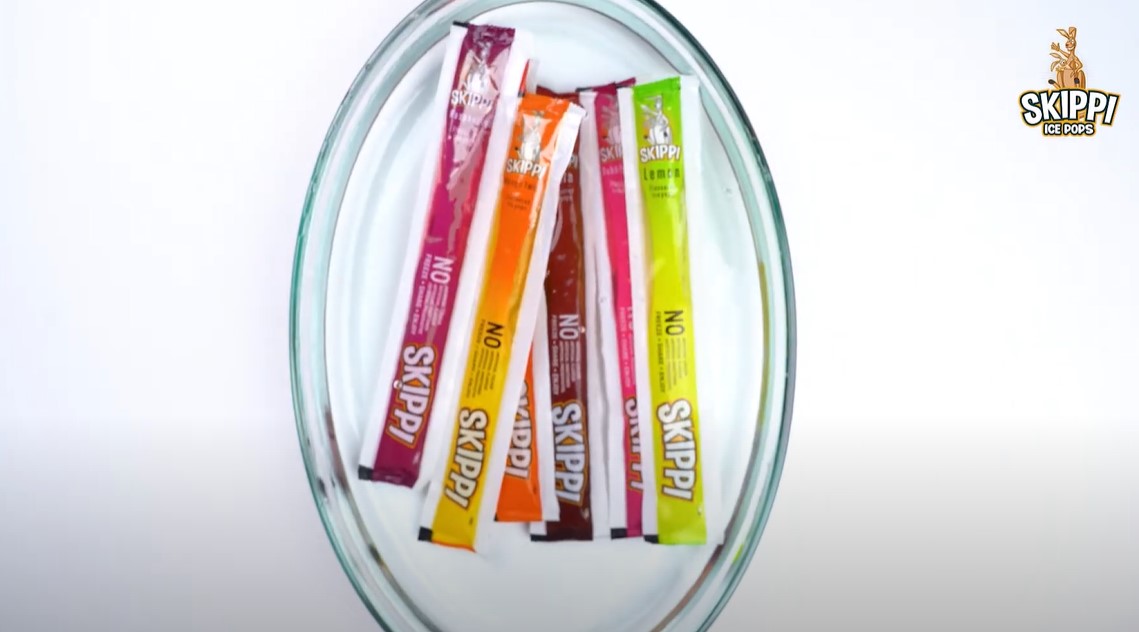
Frequently Asked Questions
Are freeze pops vegan?
Most traditional freeze pops are vegan, as they are typically made from water, sugar, and artificial flavorings. However, it’s always best to check the ingredient list for any animal-derived additives.
Can freeze pops expire?
Freeze pops have a long shelf life when stored properly in a freezer. However, they can lose flavor and texture over time. It’s advisable to consume them within the best-by date for optimal taste.
How can I make healthier freeze pops at home?
You can make healthier freeze pops by using real fruit juice, adding fresh fruit pieces, and avoiding added sugars. Simply pour the mixture into ice pop molds and freeze until solid.
Do freeze pops have artificial colors and flavors?
Yes, most commercially available freeze pops contain artificial colors and flavors. For those looking to avoid these additives, homemade or natural options are available.
Are there any allergens in freeze pops?
Freeze pops are generally free from common allergens like dairy, nuts, and gluten. However, it’s always important to check the packaging, especially if the product is made in a facility that processes other allergens.
Conclusion
Freeze pops are a beloved summer treat, offering a simple and refreshing way to cool down. While they are low in calories, their high sugar content means they should be enjoyed in moderation. For those seeking a healthier option, homemade freeze pops with natural ingredients are a great alternative. Whether you’re looking for a quick refresher or a fun treat for kids, understanding the nutritional content of freeze pops helps you make informed choices.
Read also: Capri Sun Pacific Cooler nutrition facts


